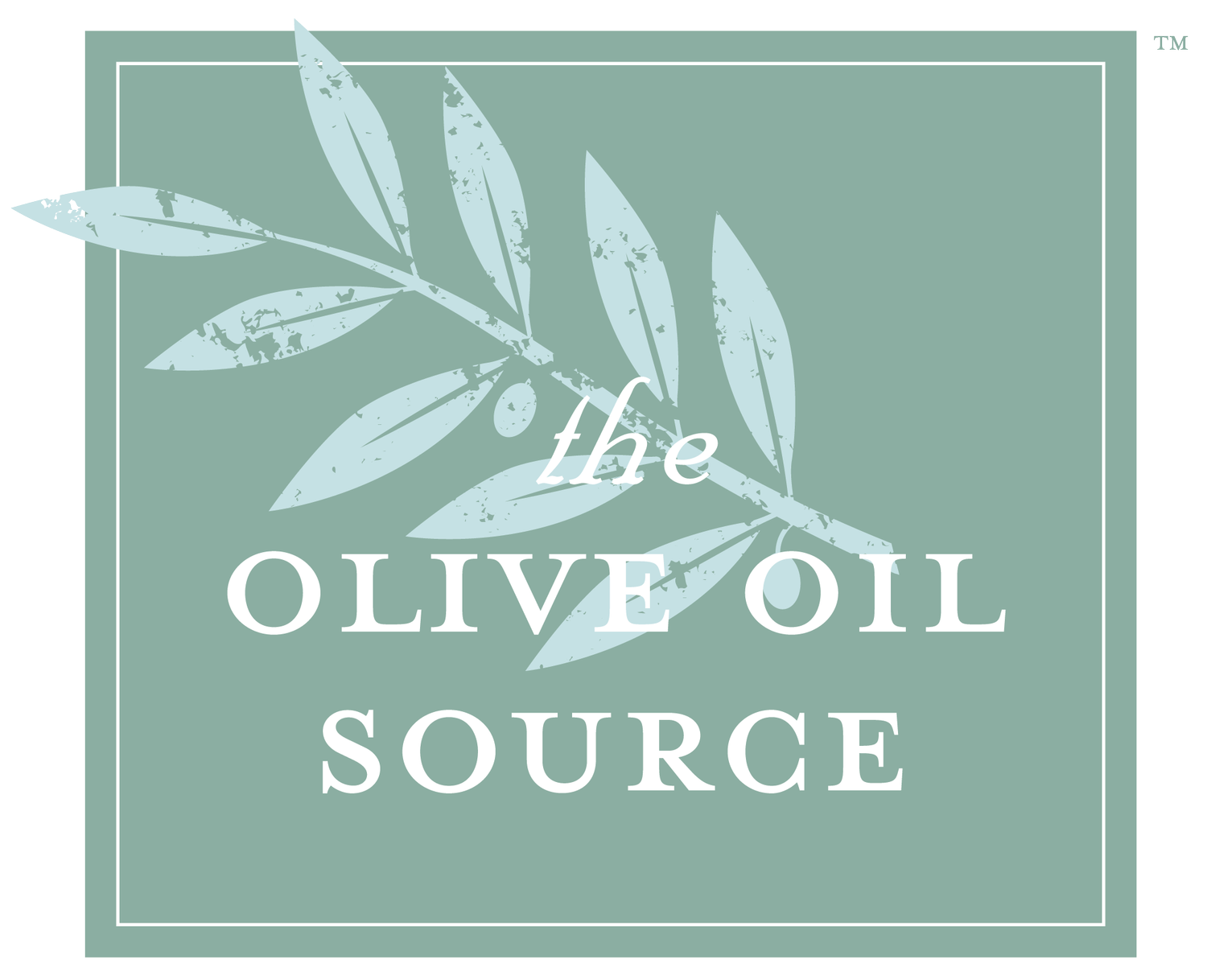
Omega-3 and Omega-6 Fatty Acids:
Olive Oil contains both omega-3 and omega-6 fatty acids. Omega-3 fatty acids are important in preventing cardiovascular disease and are particularly high in oily fish such as salmon and flax seed oil. There is currently debate about how much omega-3 versus omega-6 one should have in their diet. According to the Merck Manual, an authoritative medical text, essential fatty acids should make up 1-2% of the dietary calories for adults with a suggested ratio of 10:1 for omega-6:omega-3 fatty acids.
Olive oil is on average 10% linoleic acid (an omega-6 oil) and less than 1% linolenic acid (an omega-3 oil), therefore the ratio is 10:1 on average.
If you were using only olive oil for your dietary fat and fats represented 30% of the calories in your diet, then you would be getting 3% of your calories in the form of essential fatty acids in a 10:1 ratio. Other more recent studies suggest closer to a 5:1 ratio would be more beneficial.
A large body of literature spanning numberous cohorts from many countries and with different demographic characteristics does not provide evidence to suggest a significant association between omega-3 fatty acids and cancer incidence. Omega-3 fatty acids are unlikely to prevent cancer. JAMA 2006;295:403-415 www.jama.com
